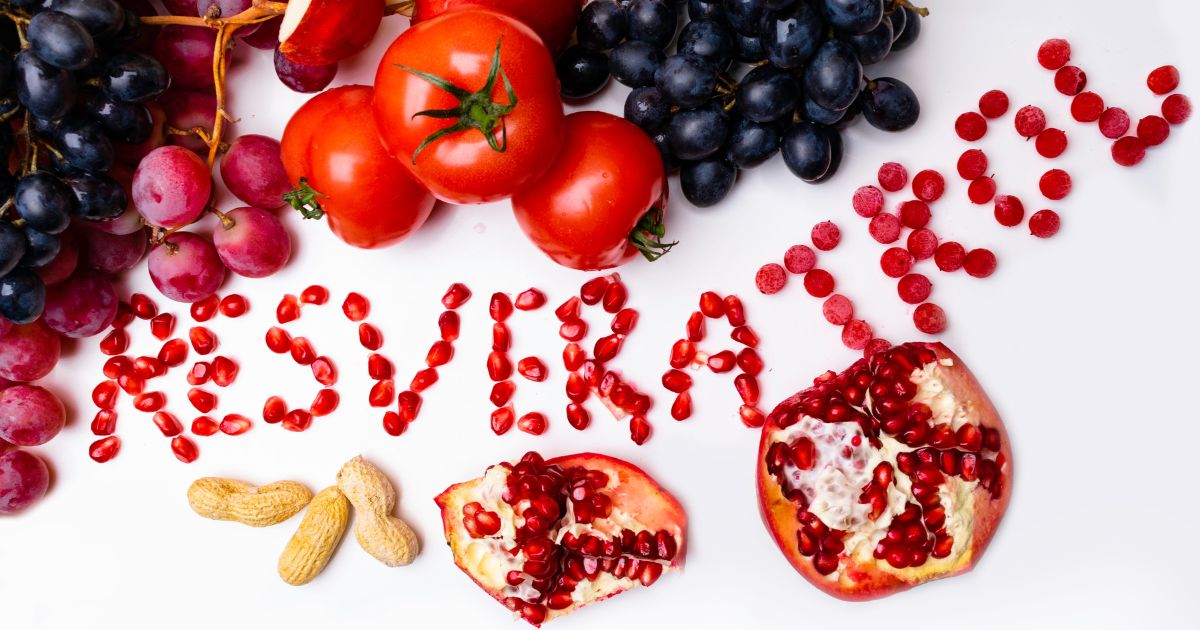Unveiling the Health Benefits Beyond Wine of Resveratrol
Resveratrol has garnered significant attention in the health and wellness communities, not just as a component of red wine but as a powerful antioxidant with numerous health benefits. This naturally occurring compound, classified under polyphenols, is praised for its potential to combat various health issues, from heart disease to cognitive decline. But what exactly is resveratrol, and how can it contribute to our health without relying on wine consumption?
What Is resveratrol ?
It is a type of natural phenol produced by several plants in response to injury or when under attack by pathogens such as bacteria or fungi. This compound is not just a defense mechanism in plants but also a key nutritional component for humans, offering a range of health benefits. Found in the skin of red grapes, berries, peanuts, and other plants, it has become a focal point for research on longevity, cardiovascular health, and more.
Historical Context
Historically, resveratrol gained popularity through the “French Paradox” — the observation that the French, despite consuming a diet rich in saturated fats, have a relatively low incidence of heart disease, partly attributed to their consumption of red wine. This connection between wine, resveratrol, and health sparked a surge in interest and research into how it influences human health.
Exploring the Health Benefits
Research suggests that it can significantly benefit cardiovascular health by improving the function of blood vessels, reducing inflammation, and acting as an antioxidant. It’s also linked to reduced risks of certain cancers and improved brain health, hinting at its potential to protect against Alzheimer’s disease and cognitive decline.
- Cardiovascular Health: Helps maintain healthy blood vessels, reducing the risk of heart disease.
- Anti-inflammatory Effects: By modulating inflammation, resveratrol can help combat chronic inflammatory conditions.
- Antioxidant Properties: This compound fights oxidative stress, protecting cells from damage.
- Neuroprotective Benefits: It has shown promise in safeguarding brain health and function.
For more in-depth insights into resveratrol and cardiovascular health, the Cleveland Clinic offers a comprehensive overview, which you can explore through this Cleveland Clinic: Resveratrol’s Health Insights link.
Beyond Wine: Other Sources
While red wine is a well-known source, there are various other ways to incorporate it into your diet without alcohol. Foods such as blueberries, cranberries, and dark chocolate contain resveratrol, though in smaller quantities than in supplements. However, these foods offer the added benefit of other nutrients and fewer health risks compared to alcohol consumption.
Incorporating into Your Diet
Including resveratrol-rich foods in your diet is a straightforward way to leverage its benefits. For instance, snacking on berries, using grape seed extract, or choosing resveratrol-enriched products can boost your intake. For those considering supplements, it’s crucial to choose products with a clear indication of it’s content and to consult healthcare providers to ensure they’re appropriate for your health needs.
Maximizing Benefits and Understanding Risks
Health Benefits: A Deeper Dive
In the quest for a healthier life, understanding the multifaceted benefits of resveratrol can guide us toward better health decisions. From its anti-aging properties to its role in disease prevention, resveratrol continues to be a key focus of nutritional research.
Resveratrol’s Role in Chronic Disease Prevention
- Cancer Prevention: Research indicates resveratrol’s potential in reducing the risk of various cancers by inhibiting cancer cell growth and promoting apoptosis.
- Diabetes Management: By improving insulin sensitivity and reducing inflammation, resveratrol could play a role in diabetes management and prevention.
Enhancing Brain Health
- Studies suggest that resveratrol can protect neural connections, enhance memory, and slow down age-related cognitive decline.
FAQs about resveratrol
- How much it is recommended daily?
- While there’s no established daily recommendation, studies suggest health benefits at doses of 75-150 mg per day.
- Are there any side effects of taking resveratrol?
- High doses may cause gastrointestinal upset, but moderate intake is generally considered safe.
- Can I replace my wine consumption with resveratrol supplements?
- While supplements can offer concentrated resveratrol doses, it’s essential to discuss this with a healthcare provider.
- How can I get resveratrol from my diet?
- Consuming foods like red grapes, berries, and nuts can increase dietary resveratrol intake.
- Does it have anti-aging effects?
- Yes, its antioxidant and anti-inflammatory actions are believed to contribute to its anti-aging benefits.
Resveratrol’s health benefits extend far beyond its association with wine. By understanding its sources, impacts, and how to incorporate it into your diet, you can harness the potential of this powerful antioxidant to improve your overall health and well-being.
